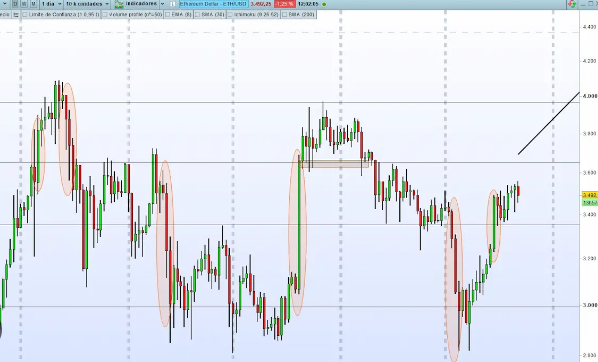The Role of Interest Rates in Forex Trading
Interest rates play a significant role in forex trading as they can influence the value of currencies and impact trading decisions. Here are the key aspects of how interest rates affect forex trading:
- Interest Rate Differentials: Interest rate differentials between two countries influence currency exchange rates. Higher interest rates typically attract foreign investors seeking better returns, leading to increased demand for the currency and potentially strengthening its value. Conversely, lower interest rates may discourage foreign investors, leading to a decrease in demand and potentially weakening the currency.
- Central Bank Policies: Central banks have the power to adjust interest rates to manage inflation, stimulate economic growth, or stabilize their currency. When a central bank raises interest rates, it is often interpreted as a sign of a strong economy, attracting forex traders to invest in that currency. Conversely, lowering interest rates may be seen as a measure to promote economic growth but could weaken the currency in the forex market.
- Carry Trade Strategy: Interest rate differentials also influence the carry trade strategy, where traders sell a low-interest-rate currency to purchase a high-interest-rate currency to take advantage of the interest rate spread. This strategy seeks to profit from both the potential currency appreciation and the interest rate differential. Traders carefully consider interest rate changes and central bank policies to identify opportunities for carry trades.
- Market Expectations: Forex traders closely monitor indications of future interest rate changes. Anticipating a rise in interest rates, for example, could lead to increased demand for the currency and potentially drive up its value ahead of the actual rate hike. Traders analyze economic data, statements from central bank officials, and economic forecasts to gauge interest rate expectations and adjust their trading strategies accordingly.
- Volatility and Risk: Interest rate decisions can introduce volatility and risk into forex markets. When central banks unexpectedly change interest rates or provide forward guidance that differs from market expectations, it can lead to significant currency movements. Traders need to be aware of these events and manage their risk accordingly, as sudden rate changes stemming from economic or political events can impact currency values.
It’s important for forex traders to closely follow interest rate decisions, economic indicators, and statements from central banks to stay informed about potential shifts in currency values. Understanding the relationship between interest rates and forex trading can assist traders in making informed decisions and managing risks as they navigate the dynamic forex market.













Post Comment